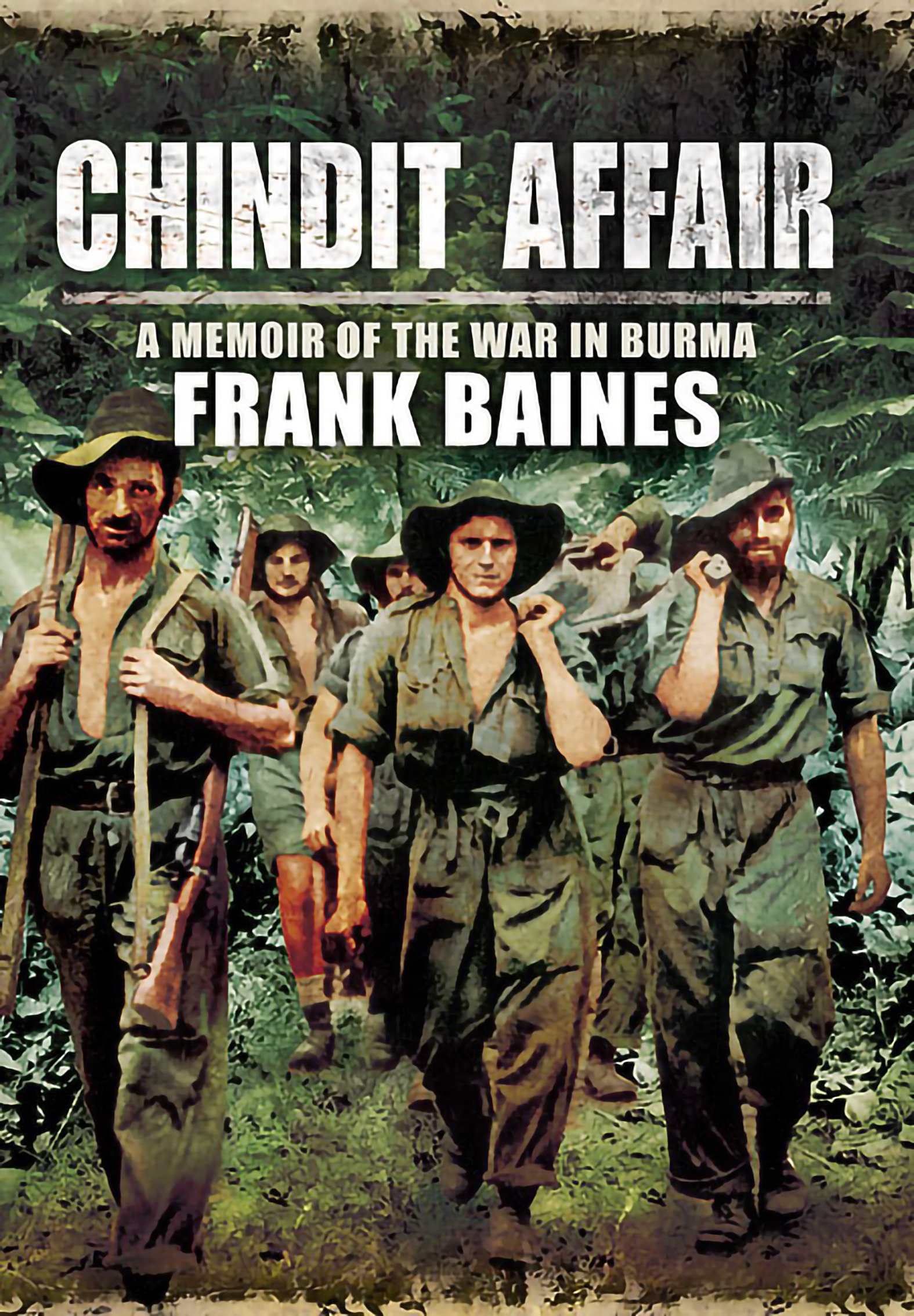Chindit Affair
In March 1944, some 2,200 battle trained men of 111 Brigade flew from India into northern Burma to land on improvised airstrips cleared from the jungle, They were part of General Orde Wingates Chindit force sent to fight the Japanese deep behind thei...
Read more
In March 1944, some 2,200 battle trained men of 111 Brigade flew from India into northern Burma to land on improvised airstrips cleared from the jungle, They were part of General Orde Wingates Chindit force sent to fight the Japanese deep behind their lines. Five months later, 111 Brigade was down to 118 fit men eight British officers, a score of British soldiers and 90 Gurkhas. One of those eight officers was Frank Baines, and in Chindit Affair he tells, in vivid language and with shrewd insight, what happened.Frank commanded two platoons of young Gurkhas and was attached to 111 Brigade Headquarters, serving under John Masters, where he had a close-up view for most of the time. His account throws new light on the leadership of the Chindit campaign, but above all it is a soldiers story.All the horrors of jungle warfare are here bodies blood-sucked by leeches and corpses impaled by bamboo; Japanese soldiers reduced to eating human flesh; a court martial and execution; soldiers falling sick and dropping by the wayside, and being killed and wounded in action. He also captures the atmosphere of the jungle; its watercourses, trees, birds and the Kachin villagers simple way of life. No other account of the Chindit operations touches the same raw nerves, and none recreates so immediately the sensations of being there in the jungle and hills which devoured nearly all of them.ABOUT THE AUTHORBorn in 1915, the son of a prominent architect, Frank Baines ran away from school and went to sea on a Finnish four-masted grain sailing ship. He enlisted at the outbreak of the Second World War, trained as an artillery officer in India, saw action on the Northwest frontier before being seconded to 111 Brigade. After the war, he spent three years as a Hindu monk in a Himalayan monastery and he then moved to Calcutta where he set up a business repairing tea chests and started writing. Frank returned to England in 1956 and published four books, including Look Towards the Sea, a widely acclaimed account of his Cornish childhood. At the age of 62, still seeking adventure, he cycled back to India from his home in Coggershall, Essex. He died in 1987 leaving behind this unpublished memoir.
Less
